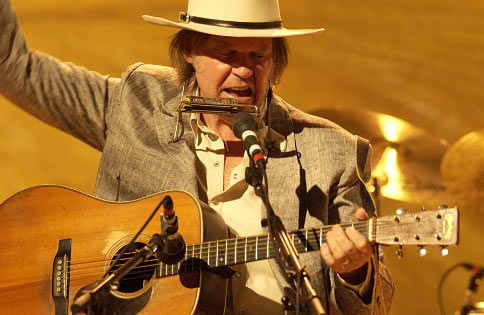
10. ‘Neil Young: Heart of Gold’
Jonathan Demme is in tune on every level with Neil Young and his musical community at the site of the original Grand Ole Opry, performing songs from Prairie Wind plus a slew of greatest hits. Demme’s style is magically plain: You can close your eyes and be transported—and never worry you’re going to miss 67 MTV-style shots. In a hotel-and-mall-swamped Nashville, in a country where the small-town past is being bulldozed, Young’s prairie dreams feel more urgent than ever: the lamentations of a genuine conservative.
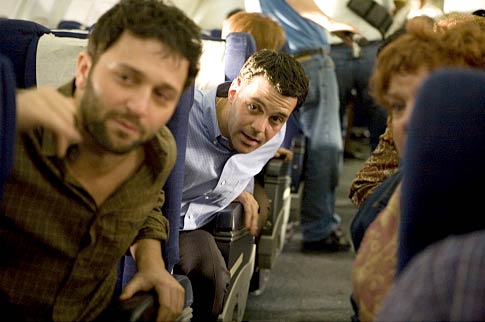
9. ‘United 93’
Paul Greengrass’s semi-improvised 9/11 drama has few answers and doesn’t even pose many questions. It’s journalism, not art: a you-are-there depiction of how things worked—and, on that day, how things didn’t. We can debate whether journalism in this tragic context is enough, but the charges of exploitation—“Is it too soon?,” etc.—seem small-minded in a country forever transformed by these events. Small-minded, too, is the notion of Good versus Evil. These hijackers believe they’re serving the one true God, and in the face of their unwavering righteous delusions, the courage of the passengers of United 93—ordinary people jarred out of complacency—seems all the more inspiring.
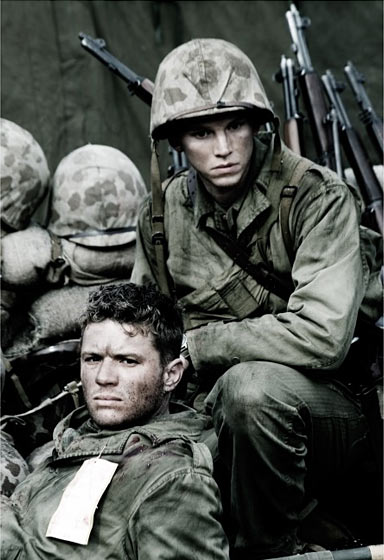
8. War and Remembrance
Two films about the Second World War and its bitter ironies. In Flags of Our Fathers, Clint Eastwood’s often clunky but wrenching elegy to “the greatest generation,” the blood-soaked sands of Iwo Jima are the setting for a momentous clash: between Americans and Japanese, but also between heroic myths and grotesque realities. Without discrediting the power of the iconic Joe Rosenthal photograph of five men, their faces obscured, struggling to raise a flag at the top of Mount Suribachi, the film goes on to expose its petty genesis and dispiriting aftermath, along with the sad fate of the Native American soldier (one of the photo’s subjects) who can’t reconcile competing truths. The theme of racism is picked up in the Algerian Rachid Bouchareb’s devastating Days of Glory (the generic retitling of Indigènes), another story of soldiers (in this case, Muslims) who sacrifice everything for a France that sees them as more alien, in some ways, than it does their German enemies. N.B.: Eastwood pulls off a dramatic coup with the reverse-angle Letters From Iwo Jima, the same battle depicted from the Japanese point of view—although the hasty December 20 release seems intended to bolster his Oscar chances for Flags.

7. ‘The Pursuit of Happyness’
Surprising, scary, relentless: an economic cliff-hanger about a black man (Will Smith, emotionally naked for the first time onscreen) trying desperately to grab hold of a career in finance while sliding (with his young son) into homelessness. (For more praise, see review.)
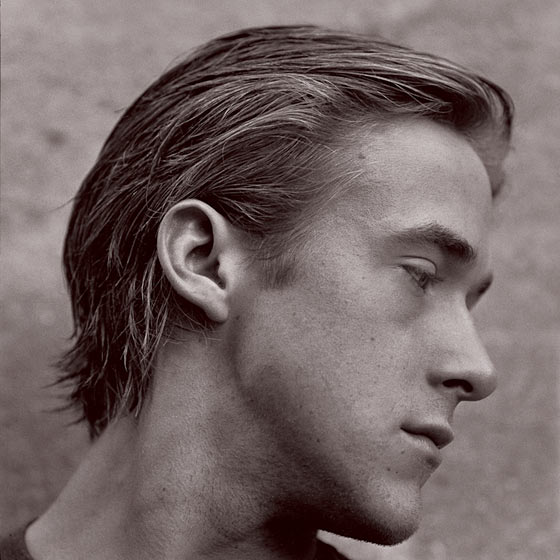
6. Addictive Actors
As a crackhead, alcoholic inner-city junior-high teacher who has lost the thread between his idealistic politics and screwed-up life in Half Nelson, Ryan Gosling is so raw you can read every twitch of his wiry frame, and he’s matched by Shareeka Epps as his watchful pupil and Anthony Mackie as a dealer with a paternalistic instinct to corrupt her. In Sherrybaby, Maggie Gyllenhaal is startlingly vivid as a sexpot who emerges from prison and rehab—and discovers she can hardly be a mother to her young daughter when she’s still acting like daddy’s (sexually abused) little girl. Judi Dench is another kind of addict in Notes on a Scandal: Although the movie borders on camp, her monstrously delusional crypto-lesbian obsessive (with Cate Blanchett in her sights) has a mythic force.
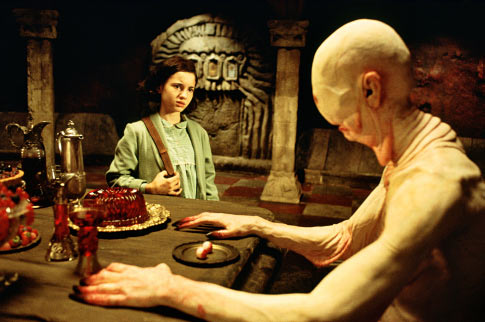
5. Fascism, Mexican Style
The Mexican directors—and close friends—Alfonso Cuarón and Guillermo del Toro turned out two shatteringly brutal films that center on the encroachment of fascism. Del Toro’s Pan’s Labyrinth, set in Franco’s Spain in the aftermath of the civil war, weaves fairy-tale imagery (some of it wondrous, most of it ghastly) through the story of a girl swept up in the political resistance by the machinations of her sadistic stepfather. Cuarón’s Children of Men is set in England in 2027—a dying world where women have become inexplicably sterile and where refugees are rounded up and (frequently) executed. Is this the most ferociously dystopian one-two punch in movie history?
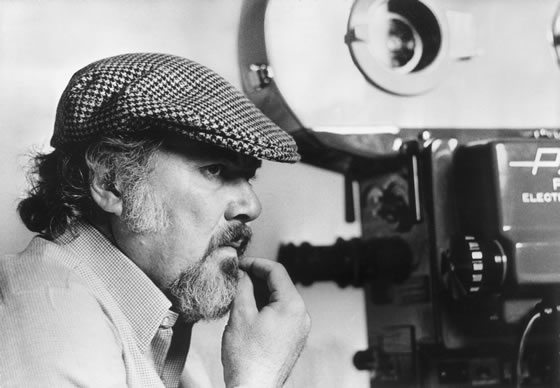
4. Robert Altman
What a bittersweet year for this great, cantankerous, inimitable American director: an honorary Oscar, accompanied by a cheering, standing ovation; a lovely film (A Prairie Home Companion) with characteristic highs and lows but a vital comic force; and then, alas, sudden death at the age of 81. Good night, not-so-sweet sweet prince—and flights of Virginia Madsens sing thee to thy rest.
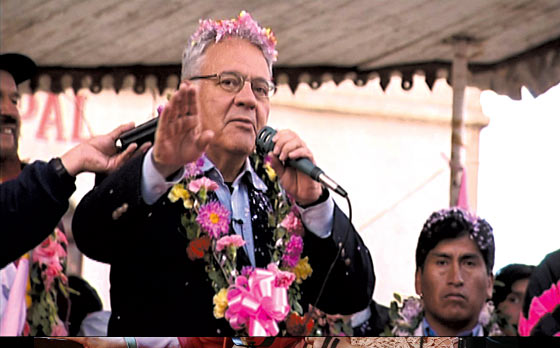
3. ‘Our Brand Is Crisis’
If the U.S. has been unable in recent years to export democracy, it has been wildly successful in exporting political marketing strategies: That’s the subject of Rachel Boynton’s endlessly reverberating documentary of a Bolivian presidential election and its tragic consequences. The agents of catastrophe—campaign consultants for the firm of Greenville, Carville, and Shrum—actually style themselves progressives, but their focus-grouped slogans and commercials boost the wrong man at the wrong time. Why did this film get so little attention? It’s a knockout—a case study in the systemic separation of modern politics and the national good.
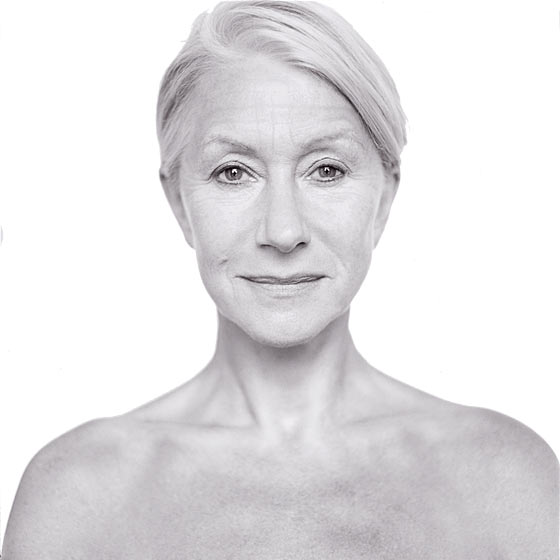
2. ‘The Queen’
The year’s best movie—directed by Stephen Frears from a witty and elegant script by Peter Morgan—is a quasi comedy of grand manners with the world’s least likely heroine: the stuffy Elizabeth II, who can’t even bring herself to make a public statement of grief on the occasion of Diana’s untimely death. As the monarch whose features barely bestir themselves, Dame Helen Mirren (in the performance of the year) uses one of the most expressive faces in film to signal the teensiest signs of tension between the monarch and the human being. As Elizabeth watches the replacement of her dignified, orderly culture by a vulgar cult of celebrity, we marvel at the will—if not the smarts—it takes to keep up appearances when everyone on earth thinks you’re both scarily heartless and laughably out of touch. As a bonus, watch would-be reformer Tony Blair (Michael Sheen) showing the kind of deference to authority that would one day lead him down the garden path with an even more shortsighted world leader. Which brings us to …
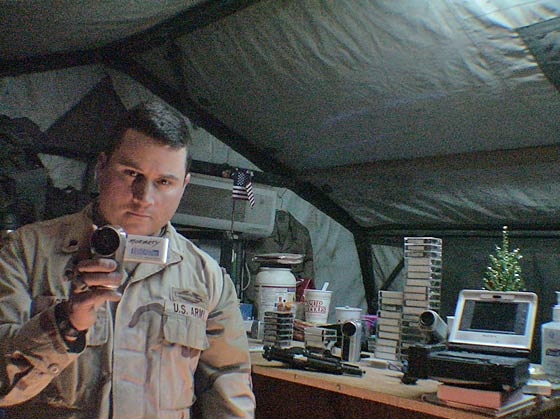
1. Iraq on Screen
In this terrible time for the U.S. and the entire Middle East, it’s a small band of documentary filmmakers that has provided the most enlightening views of the ongoing catastrophe in Iraq. In alphabetical order: Andrew Berends’s The Blood of My Brother explores the aftermath of a civilian killing by U.S. troops—and the way that his senseless death inspires even more intensely militant anti-Americanism. James Longley’s poetic and allusive Iraq in Fragments is a triptych of despair, rage, and terror: When you feel this place, you understand just how little you do understand. The most anti-administration of these docs, Robert Greenwald’s Iraq for Sale, spells out why the war has been, for Bush and Cheney and their contributors and friends, a windfall no matter which side claims victory. Deborah Scranton’s The War Tapes uses footage shot by National Guardsmen to illuminate the psyches of the men and women on whose shoulders the war rests—and who will ultimately carry the horror home. These films deserve the widest audience possible; their makers are heroes in an age with precious few.
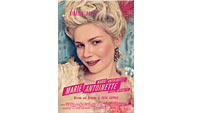
Honorable Mentions
Spike Lee dropped the mannerisms and the ’tude and triumphed twice, with the studio caper picture Inside Man and his HBO Katrina documentary. Sofia Coppola personalized the costume-drama epic—for worse and, more often, better—in the ravishing Marie Antoinette. The History Boys made us want to talk in complete sentences. Casino Royale was the best Bond picture in decades—and with a refreshingly real (and butch!) new 007, Daniel Craig. The Proposition pumped fresh blood (and brain matter) into the frontier Western. Michel Gondry and Dave Chappelle threw the best block party in town, while Man Push Cart made midtown look stunning. Three terrific documentaries, Jesus Camp, Deliver Us From Evil, and Jonestown, made the best imaginable case for atheism. Al Gore: superstar. Hou Hsiao-Hsien seduced us in Three Times. Animania: Monster House had the year’s wittiest scares; Happy Feet had the year’s best dancing. Little Miss Sunshine and Shortbus also had the courage to go out with anthemic dance numbers. As a serenely corrupt free-marketeer, Bruce Willis was the one Happy Meal in Fast Food Nation. Edward Norton was the perfect (elegant, smirky) mascot for the lyrically eerie The Illusionist. Leonardo DiCaprio proved he’s more winning as a rogue than as a Sensitive Male in Blood Diamond. Hugo Weaving showed off his sonorous pipes as a masked avenger in V for Vendetta. But the year’s best pipes belong to Jennifer Hudson in Dreamgirls: She even screams on key.—D.E. and Logan Hill
Industry Star: Fox Searchlight
The Disney-Miramax split broke the indie-film race wide open in 2005. Last year, Focus pulled ahead with Brokeback. But this year, the clear winner is Peter Rice’s Fox Searchlight, which released fifteen films, including The Last King of Scotland, The History Boys, and a long-shot movie that has redefined the studio’s offbeat niche. Paying the largest sum ever for a Sundance film, the studio gambled on Little Miss Sunshine, a comedy that combined the best of the studio’s most recent triumphs—the dumb laughs of Napoleon Dynamite and the smart charm of Sideways—and won big. Sunshine has taken in over $84 million worldwide and, thanks to a strong marketing campaign (led by Nancy Utley and echoing Avenue Q’s “Vote Your Heart” Tony push), it’s even emerged as a surprise Best Picture contender. Rice, who’s now splitting his time between Searchlight and the teen-oriented Fox Atomic, recently promoted Utley and her distribution pal Stephen Gilula. Now they’ll attempt to work their magic on the Cate Blanchett–Judi Dench thriller Notes on a Scandal—plus new films in 2007 from Wes Anderson, Kenneth Lonergan, Mira Nair, and Chris Rock. —Emma Rosenblum
Stinker
Everyone has beaten up so badly on M. Night Shyamalan for Lady in the Water that it’s tempting to go after someone else for a change—say, Ron Howard for the ultralame The Da Vinci Code. But the Shyamaster’s tale of a “madame narf” who comes to our world to encourage a writer (played by Shyamalan Himself) to finish the book that will help transform the world is a magical combination of messianism and twerpiness. It didn’t help to have a making-of book out there simultaneously, detailing the writer-director’s hissy fit when his loyalists at Disney didn’t respond to his script—a gift from On High—with the requisite awe.
SEE ALSO
Review: The Pursuit of Happyness
